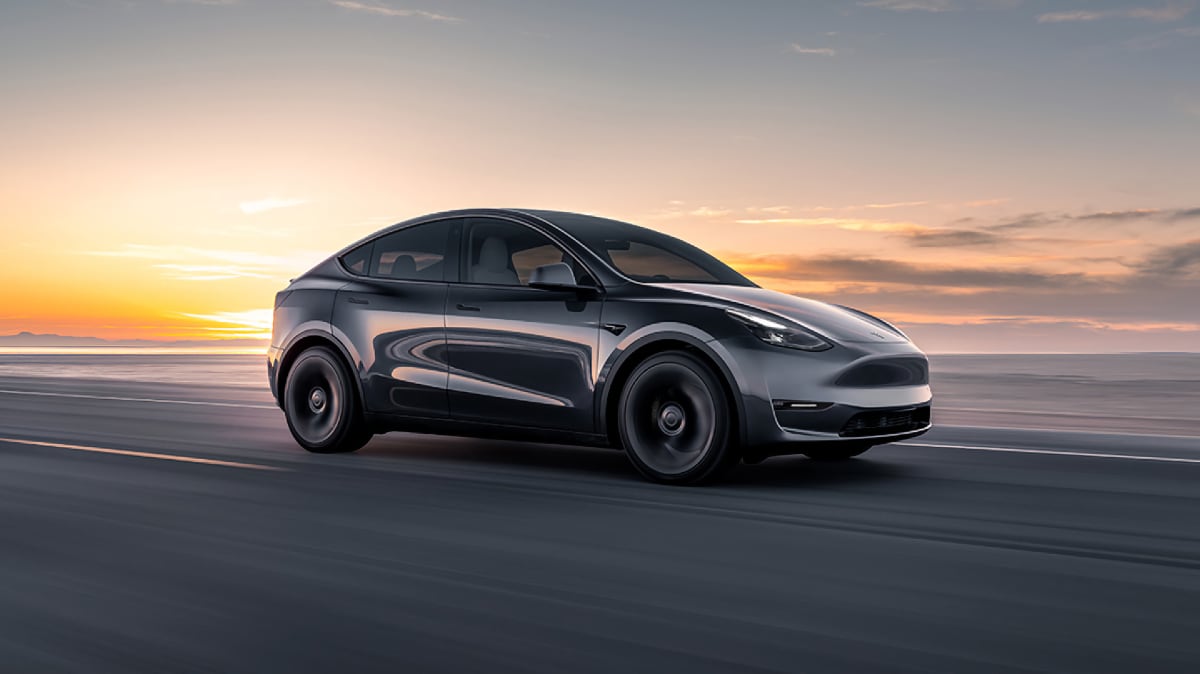It's not that the buyout clause was exercised, it's that the lease was structured in such a way that it was fiscally on par with a straight sale.
It's not though- there's fees and interest (though not MUCH interest if you buy out quickly- that being the point of doing it quickly)
You can dismiss them as being smaller than the $7500 saved- but that doesn't make it not a lease.... they are, again, the SAME fees as before the IRA existed.
In this discussion, the impact is only to the applicability of 45W credits, which have only existed since Jan 1 2023. Previous cases of leases that were sales would have already been delt with.
That's my point.
If they were NOT sales before 45W, they're still not sales now because 45W does not provide any mechanism to reclassify them.
However, it is a thing that is covered in other business purchases:
Purchasing vs. Leasing
The bit you're citing is
"You can acquire the property under a purchase option for a price that is nominal in relation to the property's value at the time you can exercise the option or that is nominal in comparison to your total payments under the lease."
Nominal means "far below the real value or cost."
The buyout of the lease is for
exactly the real cost -- plus the leasing and buyout fee.
That's higher, not "far below"
The cost is based on what it cost the leasing company to acquire the car. Not what someone else might hypothetically have paid for it.
Subtracting the credit makes the price even better than nominal.
Here's the core issue as I see it: does the $7,500 credit reduce the fair market value of the vehicle at the end of the lease? It reduces the lessor's cost, but that's an independent matter.
It's not though.
You're still conflating the cost to the customer-- which is irrelevant to determining if it's a lease--- and the cost to the leasing company.
In your previously cited example the people who might have a problem with it "not being considered a lease" are the END BUYERS. NOT THE LEASING COMPANY.
That is not
at all relevant here.
The ONLY party relevant is the leasing company- because they are the ones who got the credit.
And they're not offering a buyout for LESS THAN THEIR COST of the vehicle.
Anyway the rest of your links seem to have a similar confusion on your part-- they're all about the guy on the END of the lease and the IRS.... which is irrelevant here.
IMO, a lease that adjusts the residual/ buyout by ~$7,500 or the payments by ~$7,500 (total acquisition cost on par with a sale) is structuring itself as an installment purchase that exists to pass along the credit the lessee or car otherwise doesn't qualify for (exactly the scenario you originally called out).
The leasing company reduces the cap cost, not the buyout. If you never buy out the lease AT ALL you still benefit.
So suggesting lowering the cap cost makes it a sale is obviously wrong since it happens even when you don't buy the car
at all
This is all on top of, and I know you dismiss this as appeal to authority but it's not "Well one authority says..."--- Literally EVERY car company/financing company, with their slew of accountants and lawyers, thinks you are wrong on this, and has conducted (at least) hundreds of millions of dollars of business on the basis of you being wrong about it.
Audi, BMW, Stellanis, Ford, Genesis, Hyundai, Jaguar, Kia, Lexus, Lucid, Mercedes-Benz, Mini, Nissan, Polestar, Porsche, Rivian, Subaru, Toyota, Volkswagen, and Volvo.
Every. Single. One. is giving $7500 off via leasing. And you're suggesting all of them will owe every penny of it back to the IRS based on what continues to be an IMHO not-quite-right readings of a couple of lines of an FAQ.




